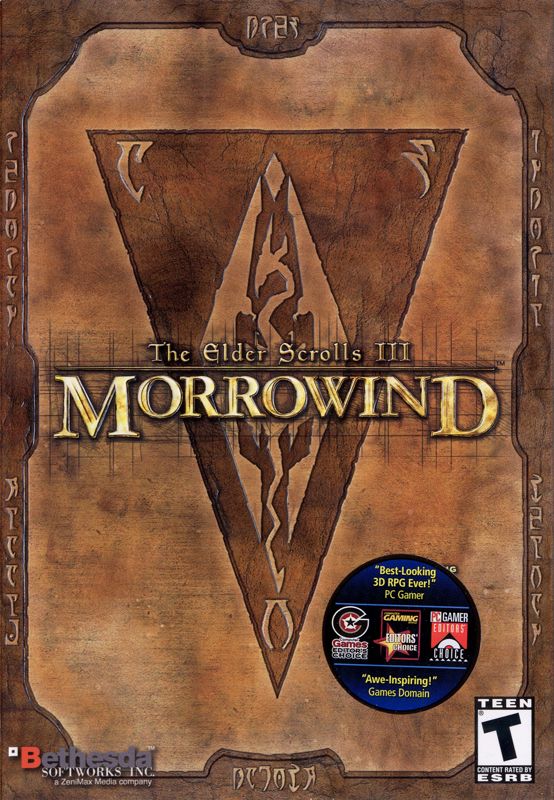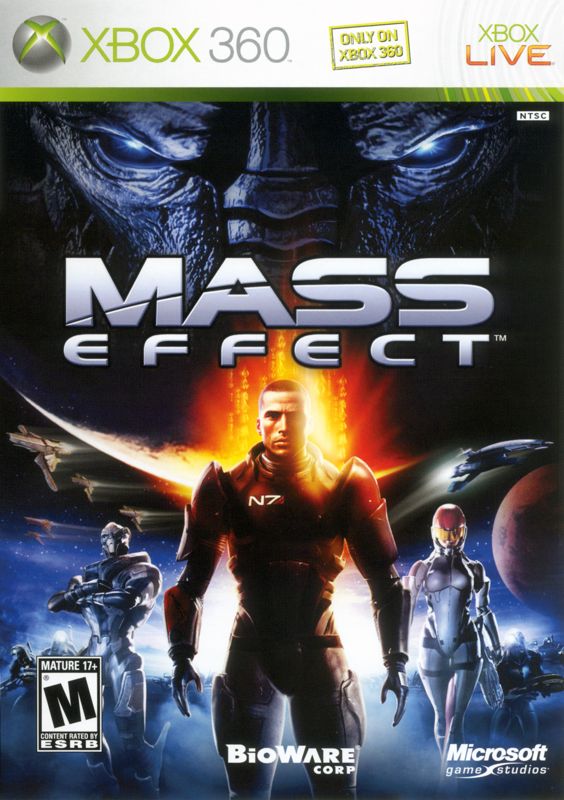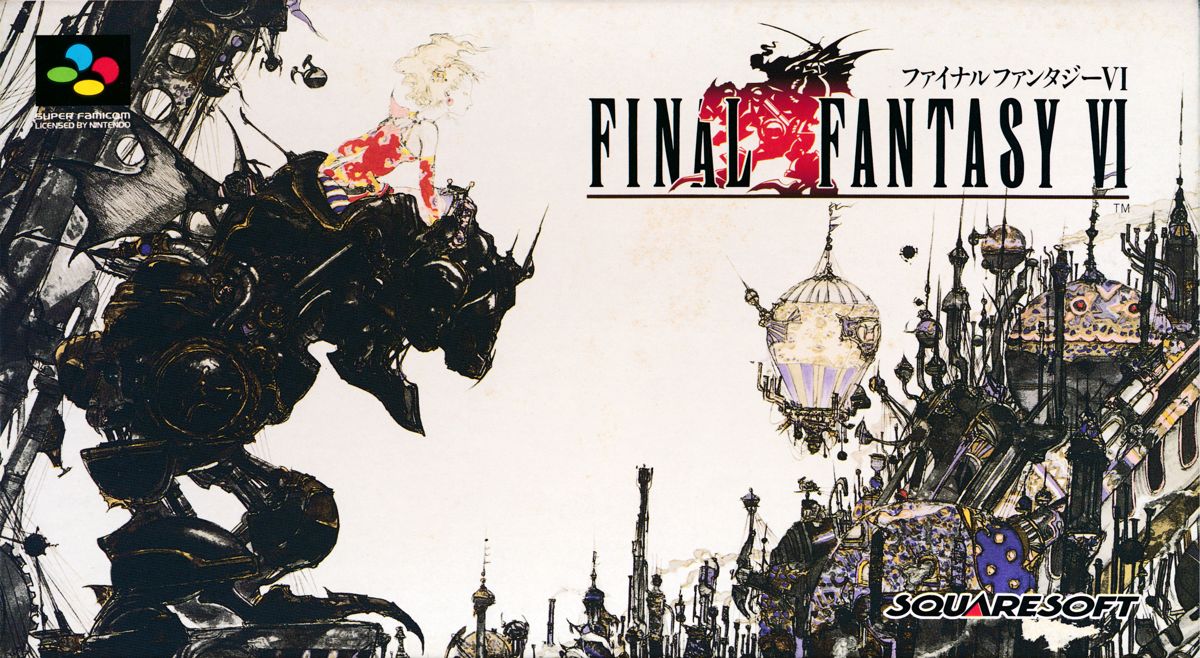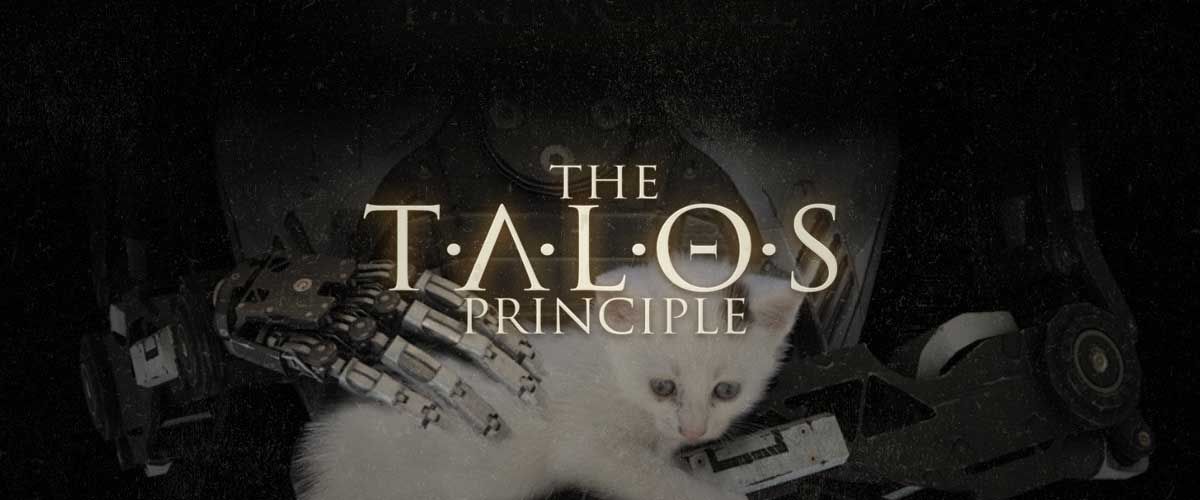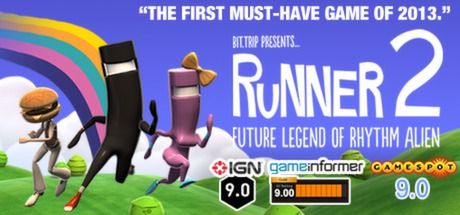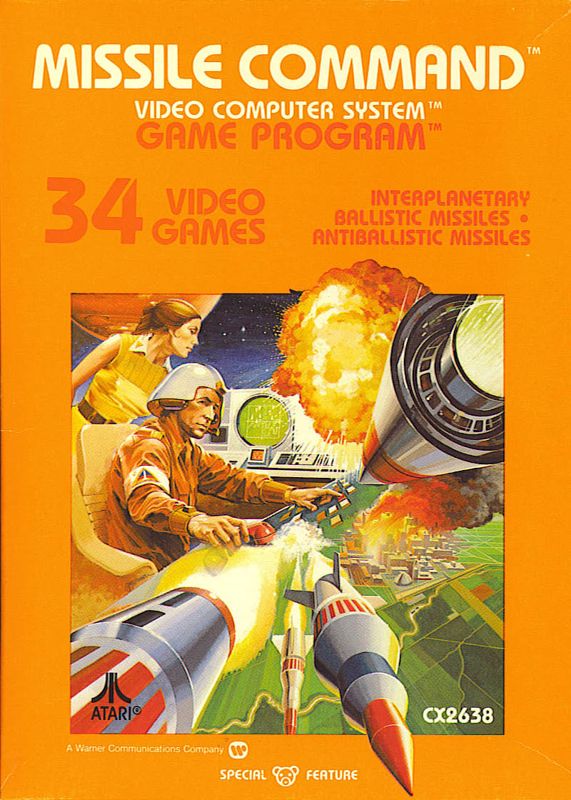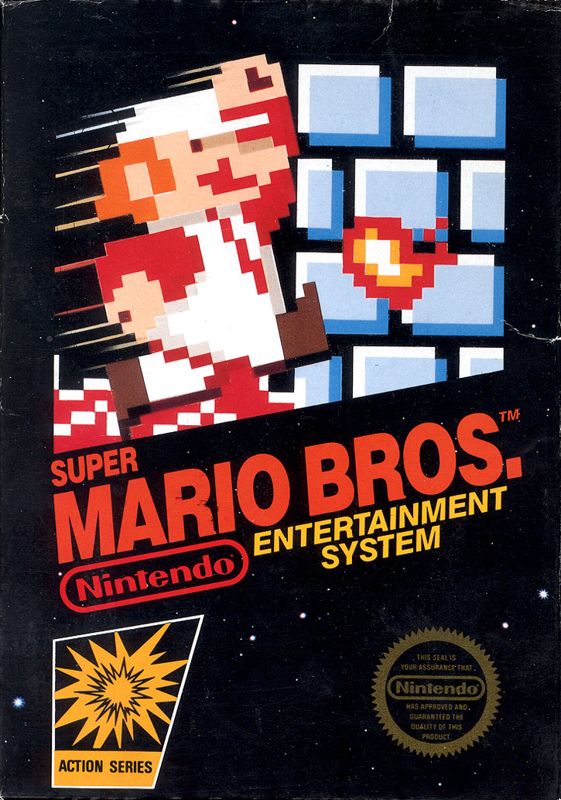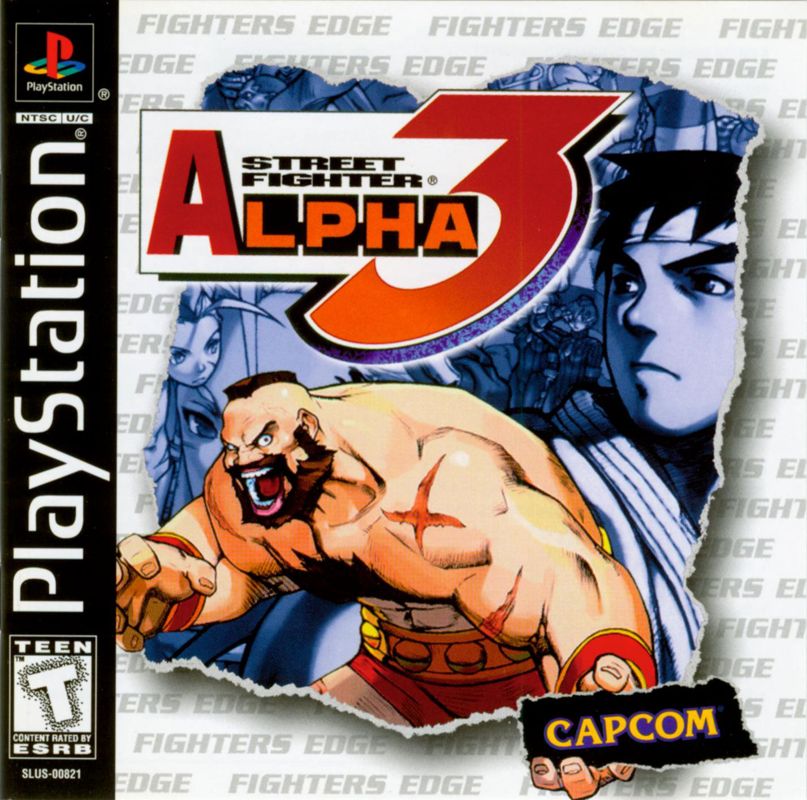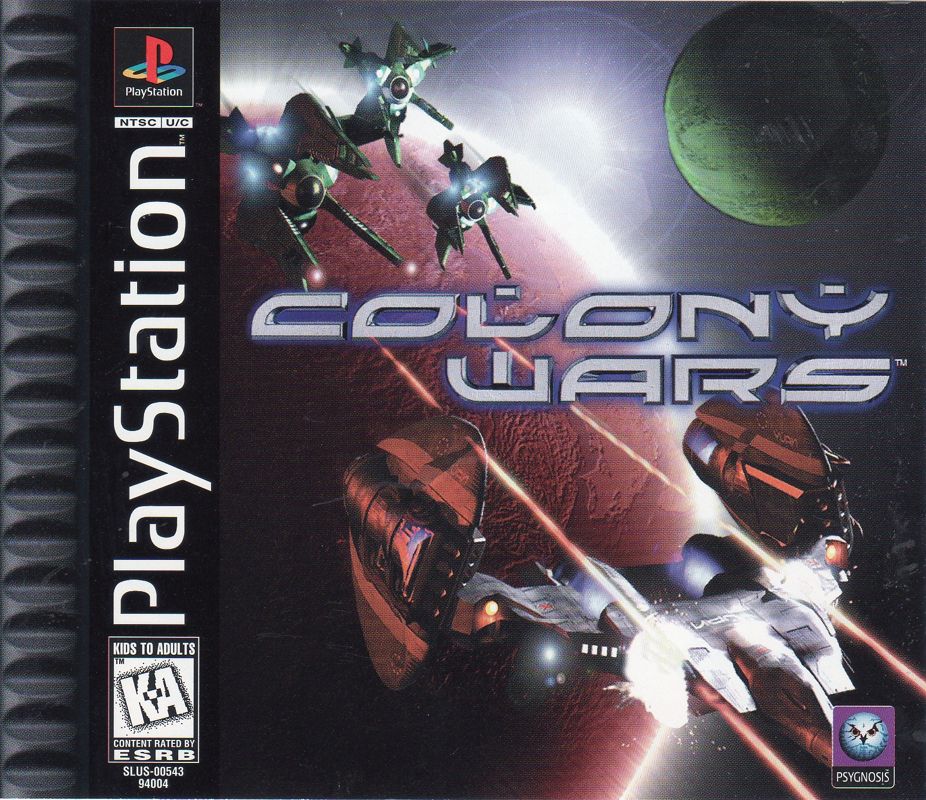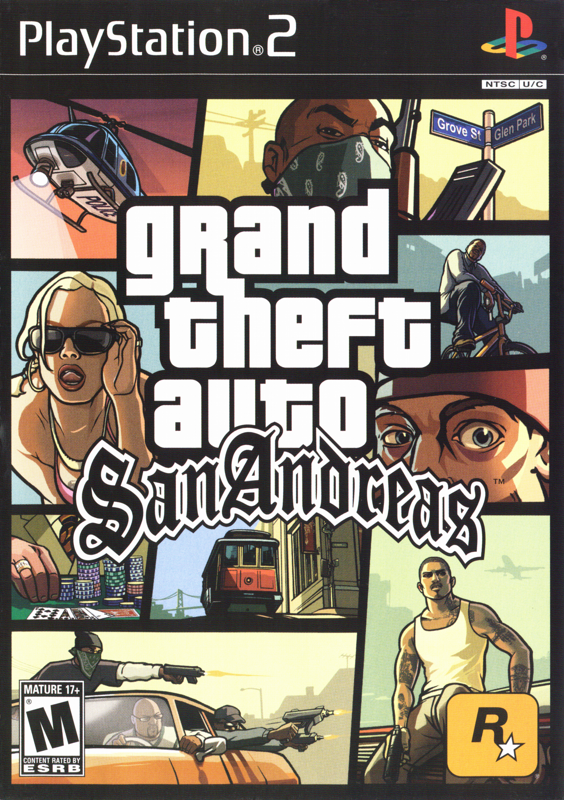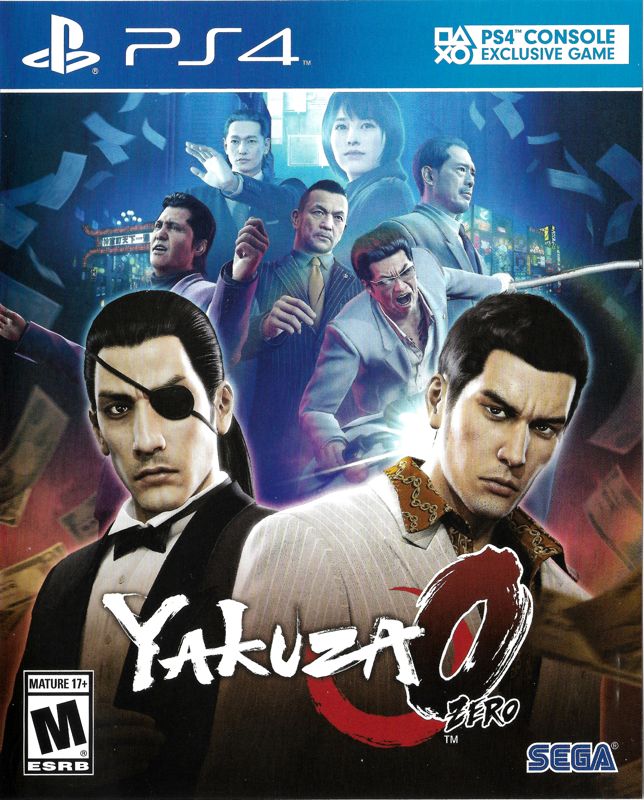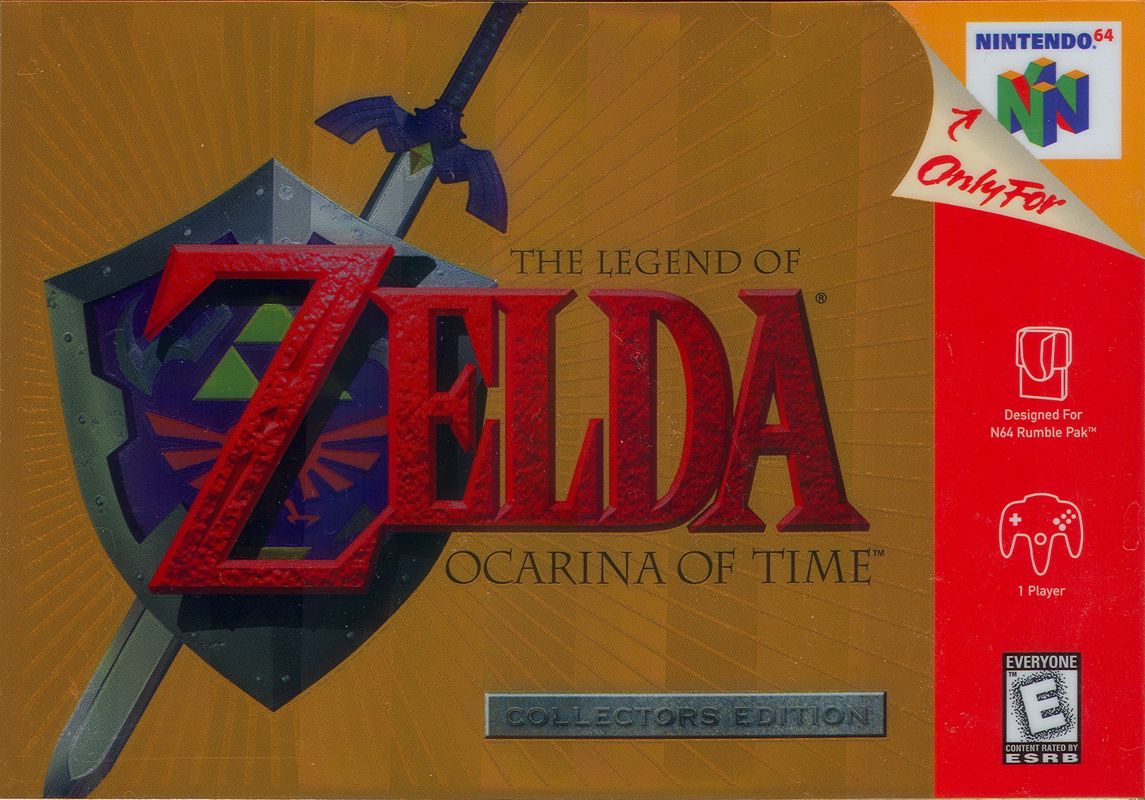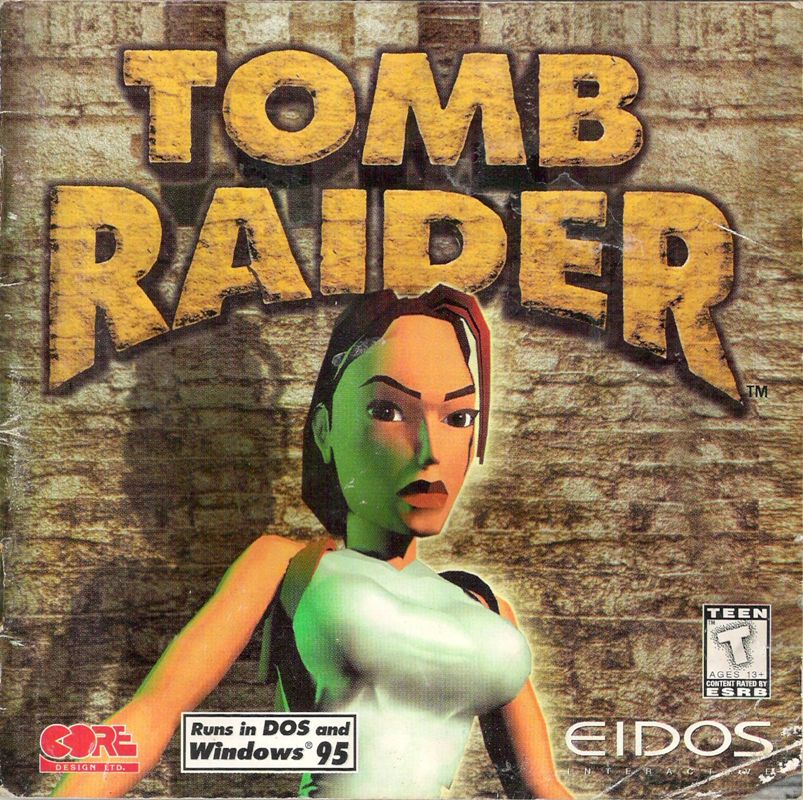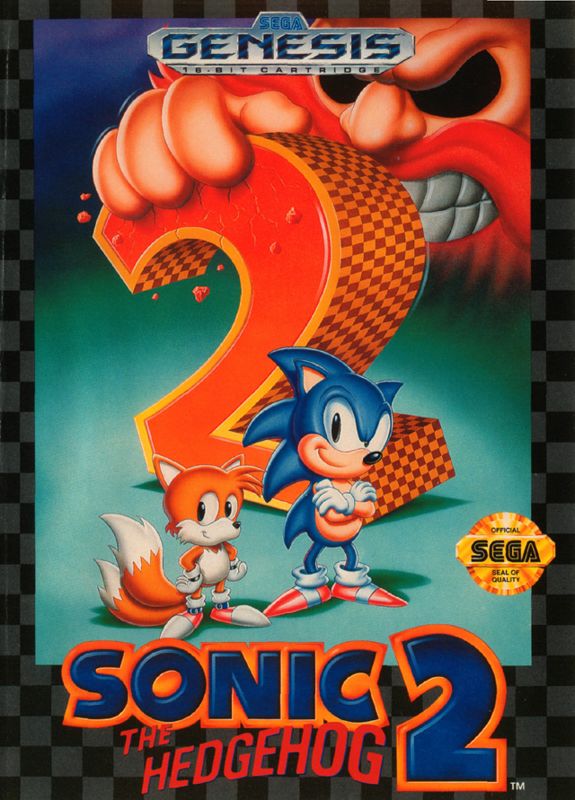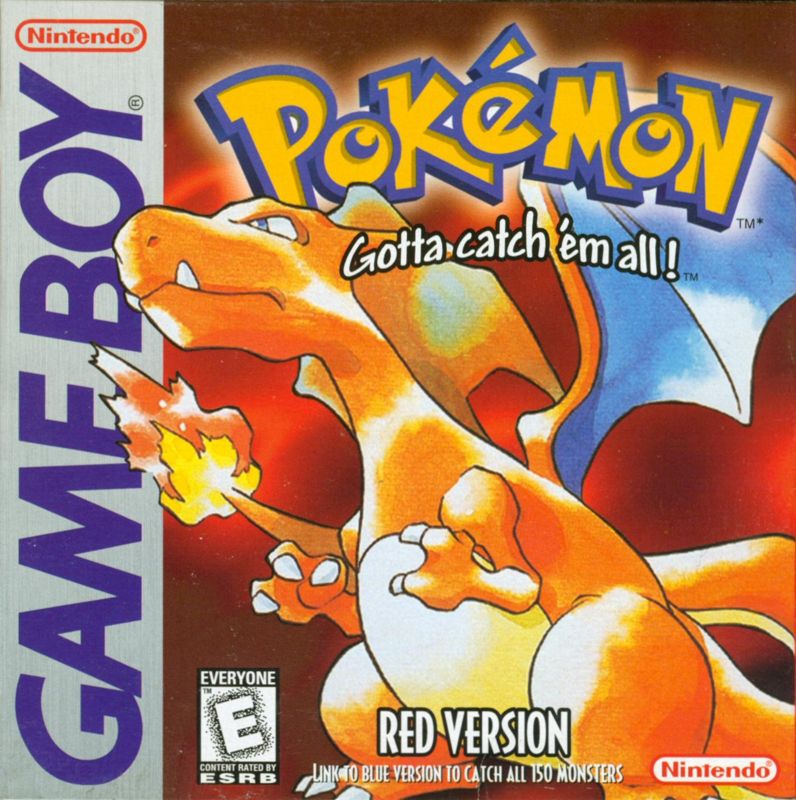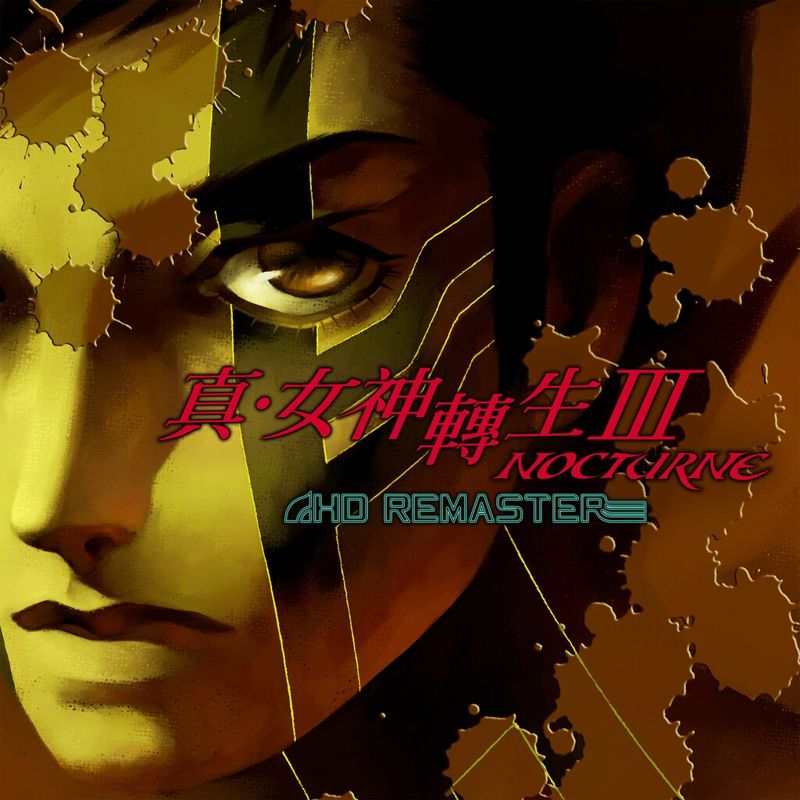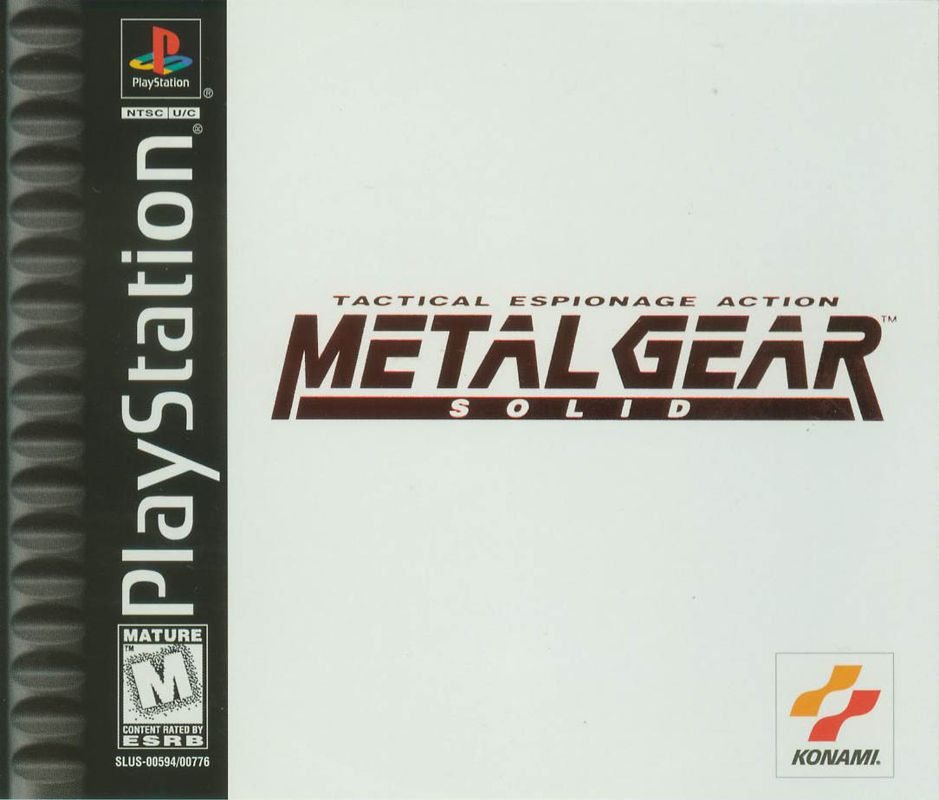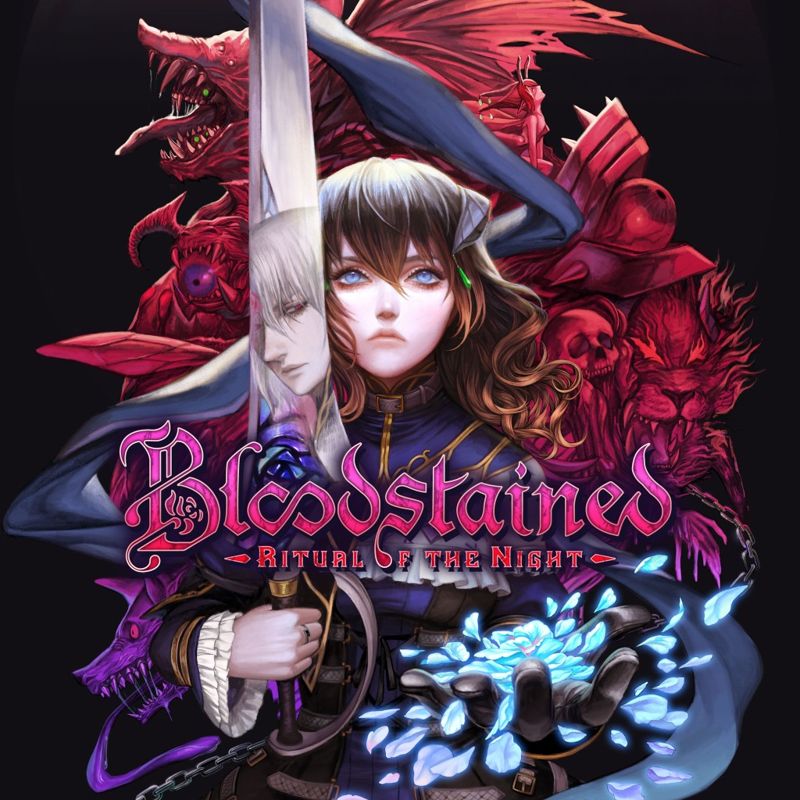Top 20 Video Games of All-Time (2023)
#videogames #top20 #morrowind #masseffect #finalfantasy6 #talosprinciple #bittriprunner2 #missilecommand #supermariobros #streetfighteralpha3 #colonywars #gtasanandreas #yakuza0 #fireemblem #zeldaocarinaoftime #tombraider #fez #sonic2 #pokemon #shinmegamitensei3 #metalgearsolid #bloodstainedrotn

December 30, 2023 was the last Pixel Pints podcast episode that will be recorded for the foreseeable future. All of us founding members have decided to put the show on hiatus. It's been a good ride. I can't speak for the others, but I can speak for myself. Somewhat in honor of that, I thought it might be good to do another top 20 list. Don't worry I'll get into the titles on this list, but first, I'm going to muse and rant a bit on the gaming industry as a whole. More specifically about “journalism” and gaming enthusiast media.
Special shout out to MobyGames. I reached out to them last year when I was going through my frontend development course, and they provided me with API access. I haven't done much with it yet, but all of the links and images for this list (with the exception of the above image created with Topsters 3) are all from Moby. Maybe I can come up with a creative way to use the API that would be beneficial for the site and that community as well as offer some cool utility... I'm open to suggestions.
If you're so inclined though, and want to skip ahead to a specific title, just click the number next to it on the list above.
The “News” 📰
I used to spend a LOT of time following all the gaming news and culture pretty heavily, and even engaging with people on various forums and social media groups; SIFTD, Reddit, Twitter (RIP), etc. I was fascinated by the industry and the business of making games, but I'm starting to lose interest in that aspect of the hobby. The mainstream scene would rather concern itself with building multimedia empires; re-re-remastering already remade games and milking their IP for that sweet TV series and motion picture money, rather than just making good games. Everything that Sony releases is a “narrative focused third-person semi-open-world action game.” Their only competitor, Microsoft, owns half the world, and it's unclear as to what exactly defines them as a platform holder... other than maybe being the Netflix of games? Nintendo continues to just do it's own thing and be a weirdo who refuses to directly compete with the other two.
The things that drew me into following the AAA industry don't seem to be there anymore.
There also aren't any professional enthusiast media outlets I know of that focus on the things I'm interested in, or that seem to be able to make money covering indie projects. Video game “news” is not journalism. Rather it's “enthusiast media.” It's more tabloid than useful or important information (though Jason Schrier seems to be able to put together a good story every once in a while when he isn't busy blocking people on Twitter). Most outlets survive as publications by being a pseudo branch of marketing for the publishers... Obviously, no one is getting paid to give away 10-out-of-10 review scores or anything like that. But, it is very much a symbiotic relationship. Subscribing to EasyAllies, MinnMax, Kinda Funny, SIFTD, or Last Stand Media is really not much different than the PSM (PlayStation Magazine) subscription that I used to have back in the 90s. The landscape has definitely changed though, people don't want a magazine experience anymore, they would rather see people talk to one another, or stream their gameplay. My tolerance for that kind of entertainment has been worn thin with over-saturation of that style of content.
There are usually only one or two major stories that show up in the majority of gaming podcasts and on most major gaming sites in any given week, and everyone usually just parrots the same talking points. Assuming any one of the personalities has a unique or noteworthy opinion, the only way to suss it out is to subject myself to literally HUNDREDS of hours of people pontificating, and there are better ways to spend my time. As much as I really like Colin Moriarty and the way that he's handling LSM, I just don't have the bandwidth for it, so I don't give a shit about talking heads spewing the same bullshit about whatever the latest AAA release is going to be—especially considering I'm probably not going to play whatever said game is anyway.
There's so much more going on in the fandom of games that doesn't get highlighted or talked about in the standard news cycle. Thankfully I do have some friends who have their finger on the pulse, and they tend to share that stuff with me when they come across it. Beyond that, the stuff that interests me is “how-the-sausage-is-made”. Most prospective game buyers don't care to get that intimate with their escapism. As a consequence of that, developer interviews are watered down to talking points that fit a PR-approved marketing agenda. When real “how-the-sausage-is-made” information or content does come out to the public, it's usually regarding games that were made decades ago so that whatever is being talked about doesn't affect the profitability of the product. Anecdotally-speaking, some of my favorite YouTube videos right now are Tim Cain just reminiscing about the projects he's worked on and talking about how they did certain things back in the 90s. There are the occasional source code leaks, but no one in an official capacity with the victim company ever talks about it publicly. There might be some mercenaries out there who have the time to dissect stolen source code, but if they went public with their findings they'd be admitting that they have possession of the source code and subjecting themselves to serious legal liability.
If you are actually buying games as they come out, then the consensus from all the mainstream outlets in the form of reviews might be nice to have. The games I like though generally don't get a lot of coverage because they're niche. There are plenty of YouTubers out there catering to very specific audiences though, so I watch those guys. But even Meta/Open Critic aren't very useful sites for me because I'm not really paying much attention to a lot of the new games on day one.
So here we are, 2024, and I'm not looking forward to playing any new games that are slated to be released in the coming months. Instead, I'm attracted to digging into my backlog and clearing out some older games.
I realize all of THIS is a “me” problem.
On to the list!
Methodology 📋
Honestly, there was no real methodology for selecting these games. I hit my vape and just started picking titles. These are the most Berkough-ass games out there, as of 2023, and subject to change at a moments notice, in no particular order.
However, all the games on this list did at least one ground-breaking thing that I can point to—unique or notable at the time of release—that would qualify them for a greatest of all-time list. That's about it. Though, you could say a lot of these games also represent the stuff I think is missing from the modern AAA landscape.
Otherwise it's meant to just be a discussion starter, as is the case with all top-whatever lists i.e.:
- Why is this game on the list?!?
- Where isn't (insert game here) on the list?!?
- Why didn't you mention (x, y, or z) about (insert title)??
The List 📜
1. The Elder Scrolls III: Morrowind
This game changed everything about what I thought an RPG was supposed to be. I wasn't really aware of Daggerfall when Morrowind was released. I had just saved up a bunch of money from a summer job I had cleaning carpets and I bought a new laptop. Amazingly it could play Morrowind (as well as Counter-Strike, but that's for another post). I became immersed in the world of Vvardenfell, the prophecy of the chosen one, the majesty of Lord Vivec, and the time that I was so engrossed that I forgot to save, accidentally killed an essential NPC and had to reload a save from 6-12 hours prior to that moment. The more I think about it, the more I'm almost certain it was Caius Cosades who attacked me for trying to steal his skooma pipe. I had no choice, I was trying to stage an intervention for the old drug addict. In any case, killing an essential NPC meant that you couldn't complete the main quest, and the game didn't guarantee that any of the other quest lines would work properly after an essential NPC was killed either.
“With this character's death, the thread of prophecy is severed. Restore a saved game to restore the weave of fate, or persist in the doomed world you have created.” ~ The Elder Scrolls III: Morrowind
What is unique about this game?
The freedom. Elder Scrolls games have definitely been streamlined over the years, but Morrowind continues to hold its own as the title that combined real choice with hardcore RPG mechanics unafraid ostracizing players who didn't take the time to learn the systems. I think that's probably in part due to the fact that Bethesda didn't think the game would do as well as it did, and it was a bit of a hail Mary and a swan song for the company.
2. Mass Effect
Despite the fact that 3 is my favorite in the series, the original Mass Effect is probably BioWare's magnum opus. It really was the perfected formula they had been crafting, beginning with Baldur's Gate. I actually hadn't played Baldur's Gate until just a couple of years ago, but the DNA is absolutely evident. It's a perfect blend of stats, action, and choose your own adventure romance novel. IMHO, the first Mass Effect is also the perfect length. All of those elements combine to represent the temperature of baby bear's porridge, “just right.” ME2 is much darker in tone, it has that heist mentality, but that final boss is one of the stupidest ways any game has ever ended. Meanwhile, Saren is more like a Bond villain; seemingly limitless resources and power, but has an ethical and moral weakness that is ultimately his downfall. Whether or not you choose to address his shortcomings as a ruthless motherfucker or as a boy scout is entirely up to you.
What is unique about this game?
The dialog wheel! Well, that's part of it, it's not just the dialog wheel itself, but the fact that BioWare somehow managed to pull off Star Trek -meets- Star Wars with lore and universe all its own. Hindsight is 20/20, and sure, your choices at the end of the trilogy only amount to Red Ending, Blue Ending, or Green Ending. But, it's about the journey and being able to run around with your favorite companions, hearing their banter and seeing their reactions to your choices.
3. Final Fantasy VI
As I get older and I have more time to reflect on the best entries of the Final Fantasy franchise (IV through IX), the more VI stands out as the pinnacle of the series for me. I've definitely spent more hours playing VII and VIII—yet, VI has all the core elements which make VII and VIII so great. Additionally VI has a larger and more robust cast of characters, and it's a much deeper and darker story than VII or VIII. I could have chosen to go with IX, since that's the other fan favorite, but I decided to go with the one that refined the blueprint. As much love as I have for IX, the art style is really what kills that game for me. I've never enjoyed it. I'm not a huge Tetsuya Nomura fan, but his character designs are so far superior to the group they had working on IX. VI escapes that dilemma because they were limited by the number of pixels they could show on screen, so Yoshitaka Amano's concept and promotional art fills in a lot of the visual gaps.
What is unique about this game?
The sheer number of characters available to be put in your party, the largest number of playable characters in a Final Fantasy game. Along with that large cast of characters is quite an incredible tapestry of personalities that make the world feel lived in. There's also the fact that the villain wins half-way through the game. Effectively two games stitched together, VI is both it's prequel and sequel all in one package.
4. The Talos Principle
A criminally overlooked first-person puzzle experience that blew me away and left my wife and I with hours and hours of joyous puzzle-solving time spent together. Talos borrows from Portal and serves the same market niche, but much more than that, the game adeptly combines all the best parts of Portal and Myst then throws a little “immersive sim” into the mix with the way it delivers audio and text logs to fill out the story and lore. Although optional, if you do pursue the lore the game conveys a compelling narrative with serious commentary on the human condition and our effect on the planet. The game does not hold your hand either, but has a beautifully executed difficulty curve. Most developers don't even try to present increasing challenges with such a smooth evolution of complexity, other than maybe Nintendo.
What is unique about this game?
Everything. There aren't any other games out there quite like Talos. As mentioned above, it does owe a lot to Portal for paving the way for first person puzzle games, but so do games like Superliminal and The Witness, which are both entirely different experiences from what you get in Talos.
5. Bit.Trip Presents... Runner 2: Future Legend of Rhythm Alien
Another game that, for me, has the perfect difficulty curve. Runner 2 took a mobile genre that sprung up, they injected it with familiar platformer mechanics inspired by Mario and Sonic... What came out the other side is a bizarre yet complex game that is uniquely its own. This is a game that has to be experienced. That being said, everyone that I've had play the game has enjoyed it, even friends and family of mine who do not regularly play games. Old school couch co-op where everyone takes turns and the controller gets passed around.
What is unique about this game?
So much; the art, the narration by Charles Martinet, the quirky character and world concepts, and also how each level has it's own difficulty that can be toggled.
6. Missile Command
Atari had to have at least one entry on this list. This just happens to be my favorite. It's a simple game mechanically, but one that has almost infinite complexity because there is no determinable pattern to the missiles as they descend. The concept is also simple; defend the cities with your own missiles. While the arcade version is superior in a lot of respects to the 2600 port, I like the later because of it's simple one-button operation. The arcade version was even more difficult to manage because you had to parse out which of your three missile stations (left, middle, right) you needed to use. The middle missiles go faster, but the ones on either side might be closer if you're fast enough to calculate the trajectory and timing in your head.
What is unique about this game?
The theme. In the 70s and 80s games were relatively whimsical, this is the the first game like “Spec Ops”, if you sit to think about what's going on too much, you could very well have a serious existential crisis on your hands. An addicting quarter-muncher about nuclear warfare at the point of apocalypse. If there are no cities left to defend the game is over, and if you make it far enough you probably won't have enough missiles to save all the cities. There's also no way to “win”, you just stave off the inevitable destruction of the planet for as long as you can.
7. Super Mario Bros.
Quite often I'll cite Super Mario Bros. 3 as being my favorite in the series, and generally speaking that's true. I sort of waffle between Super Mairo World and 3, but the reality is that I've spent way more time playing the original than any other entry in the franchise. The original Super Mario Bros. doesn't need much of an explanation. More than a description of what the game is, it's the sounds and the visuals, and the feel of the corners of the NES controllers digging into your palms. The experience of playing this game is so ubiquitous in human society, it would be difficult to find someone who hasn't played this game at least once.
What is unique about this game?
Mushrooms and fire flowers.
8. Street Fighter Alpha 3
One fighting game, at least. That was my thought was when putting this list together. It could have been King of Fighters XIII(SNK stuck with sprites for much longer than Capcom did), but Alpha 3 has a lot of good memories for me. I would also consider it the height of Capcom's fighting game dominance. Late-90s Capcom was the era of “The Fighters Edge”, which was a mail-in club they started where you could earn points for buying each fighting game that was “Fighters Edge” branded, and they would send you exclusive merchandise in return. I think I had a Fighter's Edge cloth patch that I used to replace the Marlboro logo on a baseball cap my friend's mother gifted me one year for Christmas. The fact that Marlboro also had a mail-order catalog that you could send away UPC labels to in exchange for branded products is also just indicative of that time in the 90s.
What is unique about this game?
IMHO, this has the best super-move system, the different “isms” offered some flexibility in the way that you could play each character. This game came out the same year as Marvel Vs. Capcom, so it does share some of that DNA as well. The selection of characters was also top notch. My favorites were always Ken, Ryu, and Guile. But much like Mortal Kombat kept increasing the number of ninjas, Street Fighter kept adding more characters in karate gis. Akuma is my all-time favorite, and I always played with him, kind of a shame he isn't playable in more Street Fighter games.
9. Colony Wars
Sometimes I feel like I'm the only one who remembers this game. IGN gave it a 9.3/10, PSM gave it a 5/5, for that matter, it was reviewed favorably by EVERY magazine and website that I remember from that time. Minimal, yet fantastic, lore and solid space dog fighting mechanics with a little bit of choose your own adventure borrowed from Wing Commander combine to make a fantastic package. Easily as competent as Tie Fighter A port of this game to modern hardware would be great, and I would consider going back to the Sony ecosystem if it were available.
What is unique about this game?
In the 80s and 90s, space flight sims were primarily released on home computers. There was a port of Wing Commander for the SNES, but translating the controls to a gamepad didn't really work that well. They also tried with ports of Heart of the Tiger and Price of Freedom on the PlayStation as well. Colony Wars fixed the porting issue because it was designed from the ground-up as a console exclusive for Sony's PlayStation. Psygnosis were able to streamline the controls in a way that the Wing Commander games couldn't, and because of that they deliver a highly polished experience. Psygnosis would later go on to be SCE Studio Liverpool.
10. Grand Theft Auto San Andreas
GTA3 blew people away. Vice City refined the formula and told a more complete story. But, San Andreas (IMHO) is the first game of what would come to define RockStar as a studio, as well as the formula for the franchise going forward. This is also probably the most experimental entry in the series.
What is unique about this game?
All of the RPG elements. Being able to make the C.J. in your game unique to your save file is really what sets this apart from all of its contemporary entries and competitors (I'm looking at you, True Crime).
11. Yakuza 0
The Ryu ga Gotoku / Yakuza series of games are often compared with GTA or described as a budget GTA with a smaller open world. The reality is that this series is more akin to Shenmue. The lead creative for the series, Toshihiro Nagoshi, worked under Yu Suzuki during the development of Shenmue. I found out about the series from a friend living in Japan who just kept recommending them to me. I finally broke down and bought this entry in the series during a Steam sale a few years ago. It took me several tries to get into the game, but once I was in, that was it, I've been hooked, and a fan of the series ever since.
What is unique about this game?
It's the wackiest “RPG beat-em-up” that I've ever experienced that is also simultaneously an amazingly crafted crime drama. Really ALL of the Yakuza games fit this description, but Zero is a perfect entry point since it's a prequel to all of the other games, and also a great standalone title with nice a resolution to its story.
12. Fire Emblem: Shadow Dragon & the Blade of Light
I've played and enjoyed a number of entries in this series (of which there are at least 20 different games). But when Nintendo announced they were going to be releasing an official localisation of the original game for the Swtich, I jumped on the chance to purchase it. I have yet to play Engage, but I have dumped well over a hundred hours into Three Houses, and have put dozens of hours into the various GBA and GameCube entries. The newer entries in the franchise certainly provide modern sensibilities and mechanics, but my favorite is definitely this one, and that's having played it for the first time after Three Houses. If you can get past its 8bit quirks, there's a real gem here. Shouzou Kaga doesn't really get the the recognition he deserves as a true peer to developers like Shigeru Miyamoto and Satoru Iwata.
What is unique about this game?
It was the the progenitor of the “SRPG” genre as we know it today. Many of the games released in that genre draw direct inspiration from this title.
13. The Legend of Zelda: Ocarina of Time
I could have gone with the original or even A Link to the Past, but there is something exceedingly special about Ocarina. I never owned an N64 when I was younger. Still, OoT was THE ONE game that I was jealous I couldn't play. It worked out though, my best friend at the time did get an N64 along with this game, so I was able to play it at his house (much like he was able to play Final Fantasy VII at my house). There's not much I can say about the game itself that hasn't already been said better by someone else. This is notoriously one of the highest rated GOTYs, and has a 99/100 on Metacritic.
What is unique about this game?
Moreso than any other franchise making the transition from 2D to 3D at the time, OoT perfectly captured the spirit of its predecessors and also ushered in a new style of action-adventure. Unlike some of the modern entries which feel bloated or padded with activities to artificially extend the play experience, OoT is a concise experience.
14. Tomb Raider
Platforming and puzzle-solving! As much as I liked the SquareEnix reboot, the original formula is a far more compelling experience. It's really quite a shame that they turned Lara Croft into a homicidal maniac. There are plenty of gorillas, alligators, bats, and other dangerous animals that she has to defend herself from in the original game to keep things interesting. That being said, combat is only a small portion of this game. Somewhere along the way the industry forgot how to make good games without exceedingly monotonous violence. Gorey first-person shooters are fun, but the violence that defines them doesn't need to be included in every other game.
What is unique about this game?
There have been plenty of strong female protagonists in video games, very few have elicited such a response from the general public; Lara Croft is the perfect storm of brains, brawn, and beauty. When you combine those features with the aforementioned platforming and puzzle-solving, it's a winning formula that appeals to a very wide group of gamers.
15. FEZ
It's hard to mention this game without talking about it's auteur, Phil Fish. One of the games that was the subject of “Indie Game: The Movie”, Fez was among the first class of independently made video games outside of the traditional publisher system that blew up and took over the gaming zeitgeist (thanks to Microsoft's Xbox Live Arcade). Fez garnered a large following, it's a shame Fish let Twitter comments get to him, so much so that he quit the industry and is apparently no longer working on games. Fish's story is pretty interesting and I can't do it justice in a single paragraph, I recommend watching this video , which does a really good job of breaking down his career and explaining the events that led to him leaving video games.
What is unique about it?
Despite scoring 9s and 10s across the board, winning a bunch of awards, there haven't been any “Fez-likes” out there, which is rare for video games. When a title is popular and monetarily successful, there are always copycats or spiritual successors, and if those copycats are also successful a new genre is born that is usually a portmanteau of two games' titles (i.e. “Metroidvania”) or the most successful of the bunch getting “-like” slapped on the end to describe the new genre (i.e. “Souls-like”).
16. Sonic the Hedgehog 2
Interestingly enough, while the first Sonic game does have most of the elements of what would come to define the franchise, it really wasn't until this game that a lot of the most memorable stuff was introduced; the spin-dash, Tails, two acts per zone, and “Super Sonic” (to name just a few of the series firsts here). In my experience, when most people think about Sonic, they're actually thinking about this game.
What is unique about this game?
All of the things that I mentioned above. It's also one of the first games to feature the ultimate younger sibling mode; the character of Tails is either controlled by the game's AI or by a second controller, however, while Tails can help or hinder, he doesn't distract from player 1 and the camera always follows Sonic. There may have been other games in the early 90s that had similar modes, but I'm not aware of them.
17. Pokemon Red
Technically I'm not just talking about the “Red Version”, I'm really talking about the entire first generation of Pokemon games. But Red was the one that I owned physically. That being said, I have played all four versions of the original game, thanks NO$GMB!... You may be saying to yourself, “but there were only two versions!” No, you'd be wrong. Red (Akai) and Green (Midori) were the original two released in Japan in early 1996, a Blue (Ao) version was released in late 1996 that included bug fixes and game balancing, and was used as the basis for our “Red” and “Blue” versions here in the US... Confusing, I know. I guess technically that's really five versions, or six if you count Yellow (which I also played). All of which is possibly just as confusing as the numbering of the Final Fantasy games prior to VII.
What is unique about this game?
Parents were not ready for another craze bigger than the Teenage Mutant Ninja Turtles, but it happened, and it happened in a BIG fucking way. If you weren't personally obsessed with Pokemon in the late 90s, then you knew a kid who was. I was the youngest kid in my neighborhood, so I got made fun of, but I still didn't give a shit. I was a Pokemon nerd, and as much as I can say the game stands on it's own as a competent single-player JRPG, it's difficult to downplay the link cable and the ability to trade and battle with other players. No one that I knew had parents rich enough to buy them two Gameboys and two different copies of the game. I've actually never collected all 151 original Pokemon on a single save file/cartridge.
18. Shin Megami Tensei III: Nocturne
Though I do remember when Nocturne came out for the PS2, I'm specifically highlighting the HD remaster that was released in 2020. I consider this the most complete version of the game that you can get, and it is easily available on all modern hardware. I also didn't understand SMT3 when it came out, and didn't really have time for it. It came out the year I graduated high school, I was too busy smoking weed and trying to get laid. Which is probably for the best that I got to appreciate it now that I'm older.
What is unique about this game?
For those willing to put the mental energy into this game, it's a rewarding experience that blends complex RPG mechanics (easily described as “Pokemon, but with demons”) with mature philosophical themes. There also aren't any other games out there that have the same feel. There's something about mixing hard rock and jazz soundscapes on top of a post-apocalyptic spiritual nether realm that isn't like any other fictional universe.
19. Metal Gear Solid
My favorite in the series. As far as I'm concerned, Kojima could have stopped making games after this... But I'll leave it at that, otherwise I'm bound to start ranting about Kojima rather than talking about this game.
What is unique about this game?
This game was generation-defining for home consoles. It set Sony's hardware on a trajectory that continues to influence the PlayStation brand and first party titles nearly a quarter of a century later. Metal Gear Solid really pushed the boundaries of in-game cinematics and storytelling. Despite the fact there were no facial animations on the character models, there was plenty of emotion conveyed by the voice acting, and the story that was being told was equal parts fantastical and grounded. A believable espionage setting with larger than life super villain bosses. Quite simply, this game is a master class in Japanese game design philosophy.
20. Bloodstained: Ritual of the Night
When Castlevania: Symphony of the Night came out, I completely ignored it, mainly because it was a 2D side-scrolling game in a world full of new 3D games. I was stupid and naive. About a decade later I decided to sit down and play SotN and I was completely blown away by how great that game is. I say all that because SotN was going to go in this slot, that was until I reminded myself that Bloodstained is effectively Symphony of the Night 2 in all but name. Sure, Koji Igarashi did direct the Gameboy Advance entries of the Castlevania series, and they did continue the same style of gameplay that was present in SotN, but sadly SotN never got an official sequel from Konami, and is still oddly treated like a red-headed step child, never receiving a proper remaster for modern hardware. Enter Bloodstained: Ritual of the Night.
What is unique about this game?
There were a bunch of Japanese developers who broke away to do independent projects in the early twenty-tens, and when Iga broke away to do his Kickstarter for this game, I intently followed the development. Bloodstained looked horrible in all the dev diaries leadding up until the moment it actually came out. I was not expecting much, but when I sat down to play it, I realized it was everything I could have wanted from a full-blown SotN sequel. Easily the best Metroidvania that I ever played, and would be my first recommendation for anyone who hasn't played any game in that genre.
Conclusion
If you've made it this far, thank you for reading! Should you have any comments, feel free to hit me up on Mastodon.
